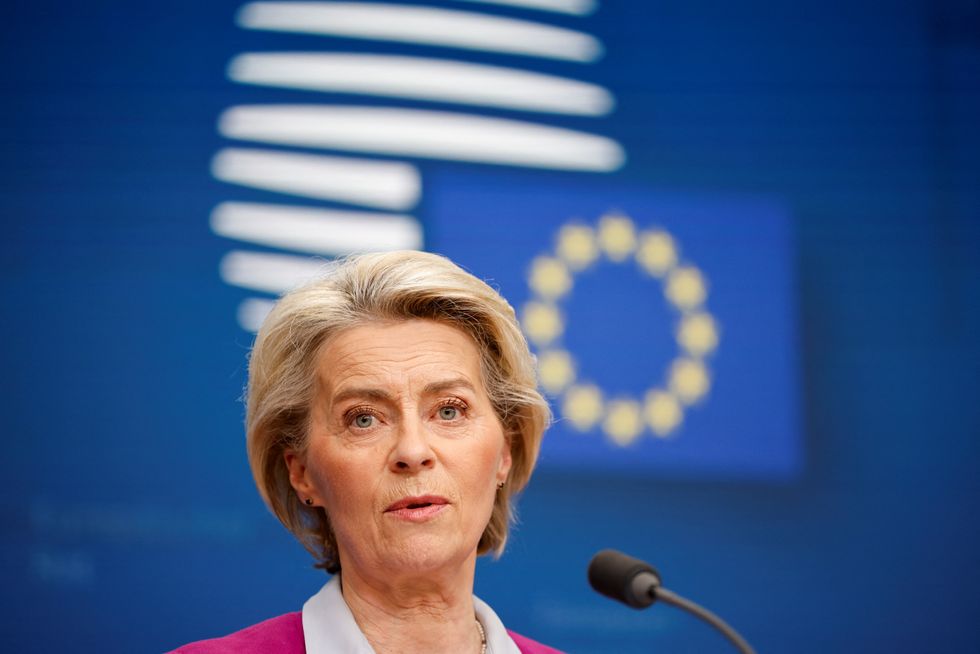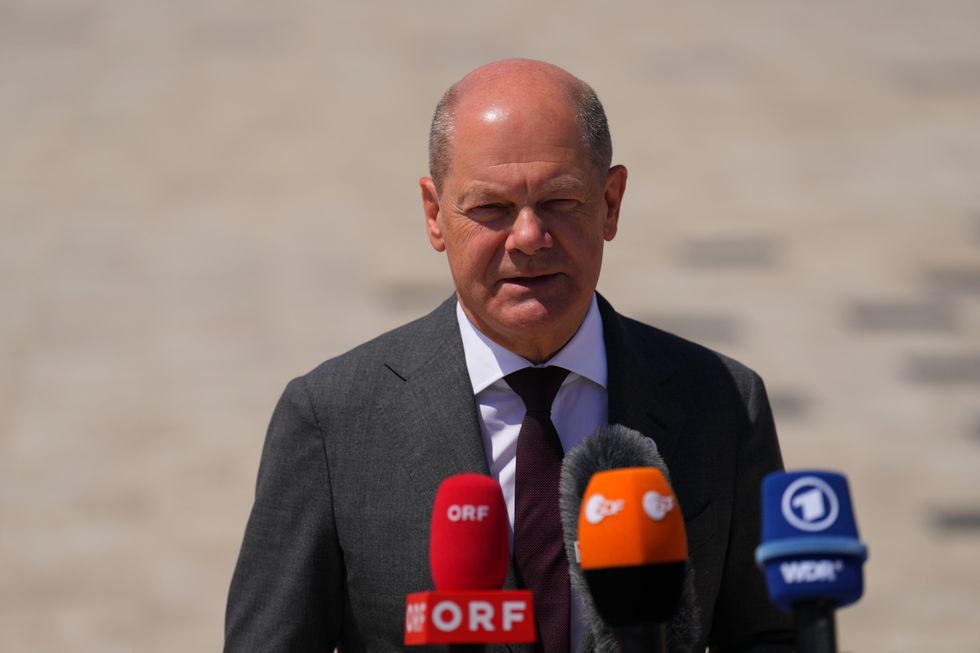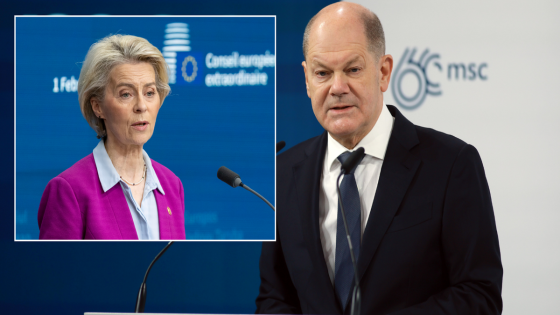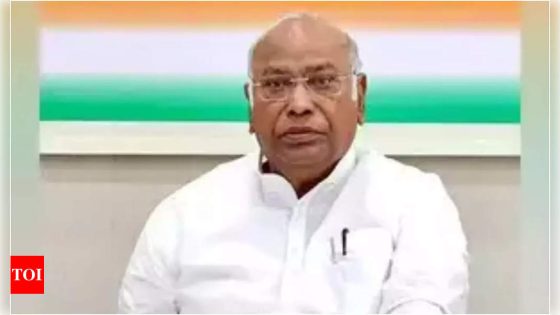Olaf Scholz blocked Ursula von der Leyen from becoming the new Nato chief because her “tough” stance on Putin would be a “disadvantage”, German media has reported.
The German chancellor, reportedly told Antony Blinken, the US secretary of state, that he was against von der Leyen becoming the new head of the military alliance because she is highly critical or Russia.
Citing diplomats in Brussels, German newspaper Welt am Sonntag reported that “Scholz was categorically against von der Leyen becoming Nato head”.
Von der Leyen is being considered as a potential successor to Jens Stoltenberg, the secretary-general of Nato who is due to step down in October.
Olaf Scholz has blocked Ursula von der Leyen from becoming Nato chief because of her tough stance on Putin
Getty
Another contender is Mark Rutte, the Dutch prime Minister. His chances of seizing the position have grown since Scholz denounced von der Leyen, German media has reported.
Ben Wallace, the former UK defence secretary is also being considered for the role.
Von der Leyen was the German defence minister from 2013 to 2019, during which she was frequently criticised for depending on the use of outside consultants.
In April 2023, Britain was reported by The Sun to be considering vetoing the President of the European Commission for the role, citing her performance as German defence minister under Angela Merkel.
LATEST DEVELOPMENTS:

Von der Leyen is being considered as a potential successor to Jens Stoltenberg, the secretary-general of Nato
Reuters
Last month, tension between Scholz and von der Leyen rose when the EU criticised Germany for pledging €7billion (£6billion) in security assistance and humanitarian aid to Ukraine.
Scholz announced the support on January 16, after urging other EU countries to boost their military supplies to Ukraine.
However, Thierry Breton, the EU’s internal market commissioner, slammed Scholz for not backing Brussels.
“Today we see that Germany is trying to go solo, it hasn’t fooled anyone, and in particular it is trying to stop supporting the European Peace Facility,” Breton told reporters in Paris.
The European Peace Facility is an off-budget mechanism aimed at funding the costs of the EU’s offshore military operations, as well as funding aid to allies such as Ukraine.
 The election, which has been seen as a bellwether for national feeling, represents growing dissatisfaction with Scholz’s leadershipPA
The election, which has been seen as a bellwether for national feeling, represents growing dissatisfaction with Scholz’s leadershipPA
In December, Germany laid out a proposal which would allow member countries to discount bilateral military aid given to Ukraine from their contribution to the EPF.
Since Russia invaded Ukraine in February 2022, the EPF has provided €4.5billion (£3.8billion) worth of weapons to Kyiv.
It also drilled 34,000 Ukrainian troops are part of an EU training mission.
Berlin officials believe that countries with larger defence industries such as France or Spain should be spending money on creating new weapons, rather than using their existing military stocks, which the EPF then reimburses.
“For Ukraine it is decisive that military aid reaches it without delay,” a German diplomat in Brussels told Politico.
“The EPF is useful but can be blocked by a single Member State as has happened time and again in the past. Bilateral support is direct and quick and should be considered as an at least equivalent contribution.”
Source Agencies




